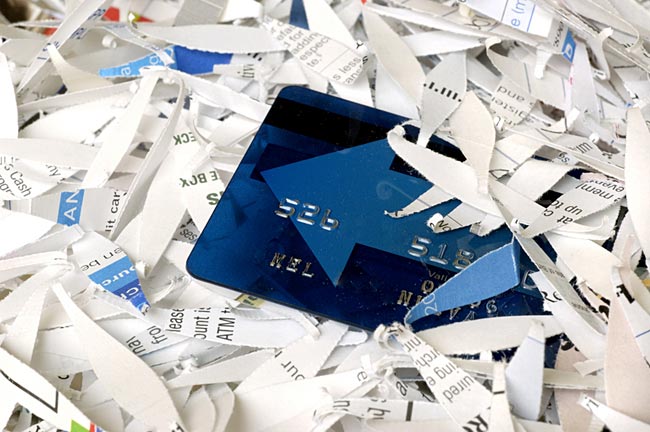Thieves Steal Herman Munster's Identity

WASHINGTON (AP) — Did Internet thieves steal Herman Munster's MasterCard number?
Crooks in an underground chat room for selling stolen credit card numbers and personal consumer information offered pilfered data purportedly about Herman Munster, the 1960s Frankenstein-like character from “The Munsters” TV sitcom.
The thieves apparently didn't realize Munster was a fictional TV character and dutifully offered to sell Munster's personal details — accurately listing his home address from the television series as 1313 Mocking Bird Lane — and what appeared to be his MasterCard number. Munster's birth date was listed as Aug. 15, 1964, suspiciously close to the TV series' original air date in September 1964.
CardCops Inc., the Malibu, Calif., Internet security company that quietly recorded details of the illicit but wayward transaction, surmised that a Munsters fan knowledgeable about the show deliberately provided the bogus data.
“The identity thief thought it was good data,” said Dan Clements, the company's president.
Clements said evidence indicates the thief, known online as “Supra,” was operating overseas. “They really stumble over our culture. He's probably not watching any reruns of `The Munsters' on TV Land.”
Herman Munster was portrayed by Fred Gwynne, who died in July 1993.
Sign up for the Live Science daily newsletter now
Get the world’s most fascinating discoveries delivered straight to your inbox.
“Phishing” thieves often trick consumers into revealing financial secrets by sending e-mail requests that appear to originate from banks. A consumer's financial details can be worth $4 and $40 among online thieves, who can use the information to open fraudulent credit accounts.
CardCops eavesdrops on conversations among thieves in underground Internet chat rooms to monitor for stolen credit card numbers being sold or traded. It offers monitoring services to alert consumers whose information is compromised by hackers.
- Criminal Steals Attorney's Identity
- Survey: 43 Percent of Adults Get 'Phished'
- Spam King Gone, Spam Rolls On









